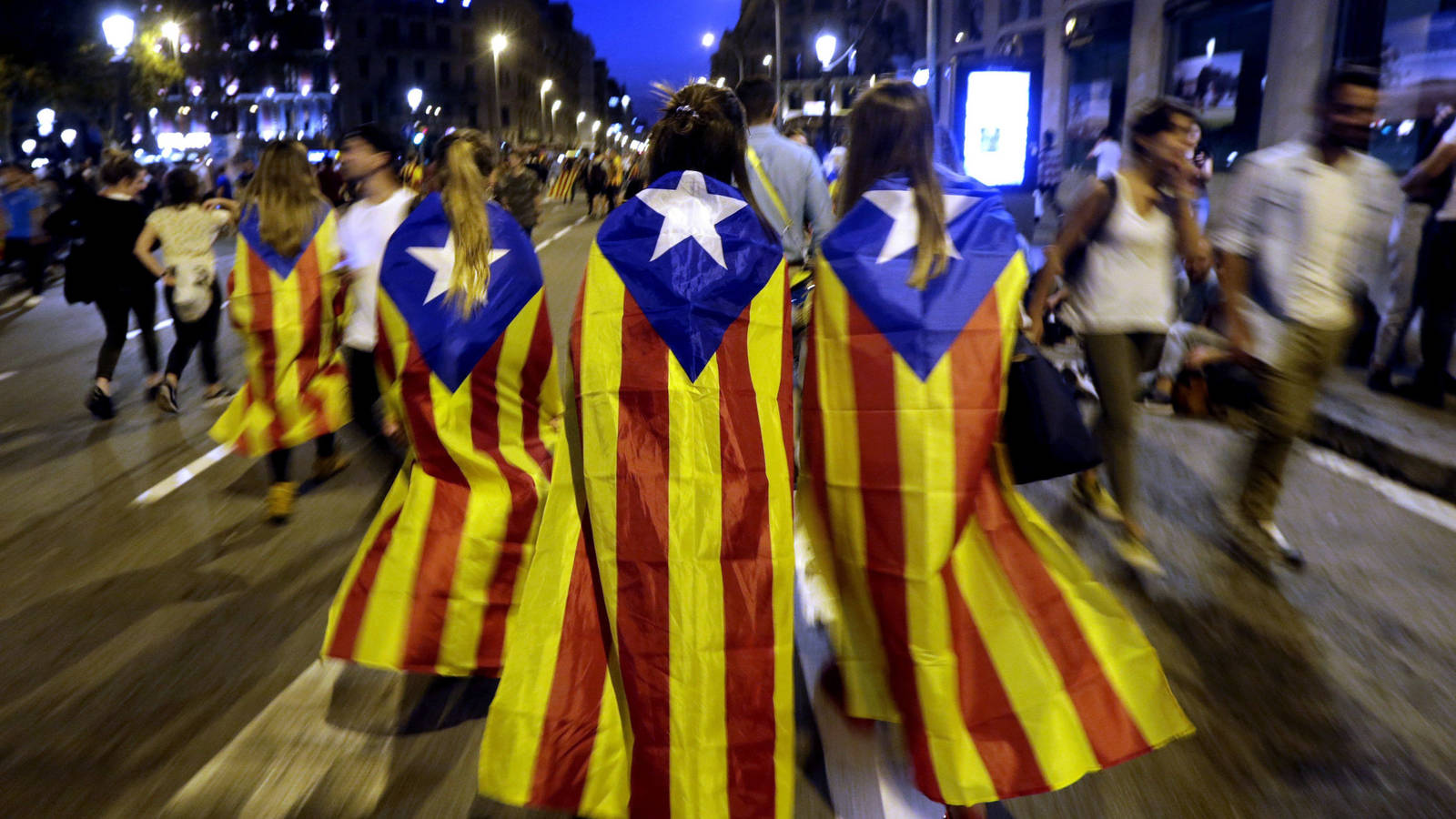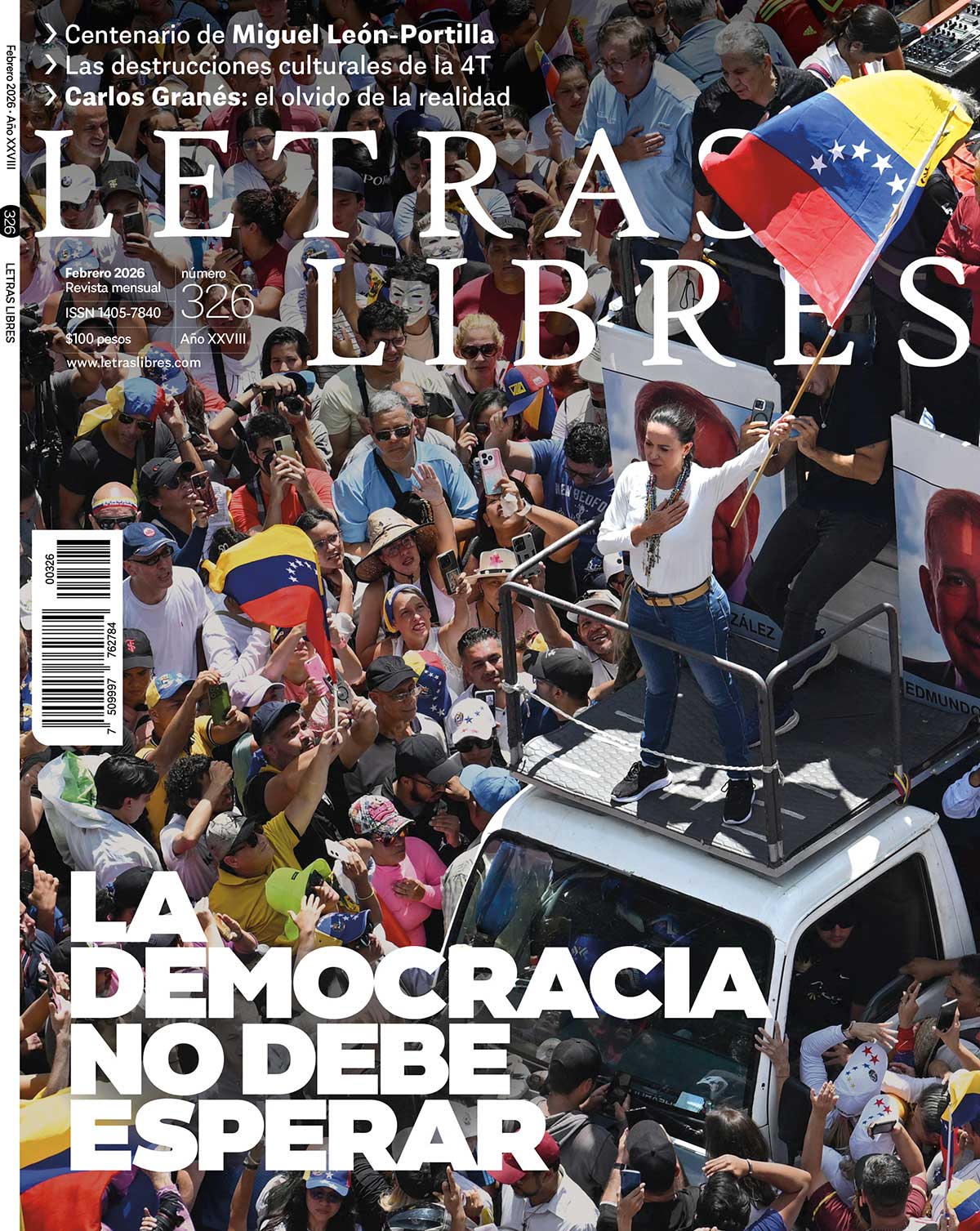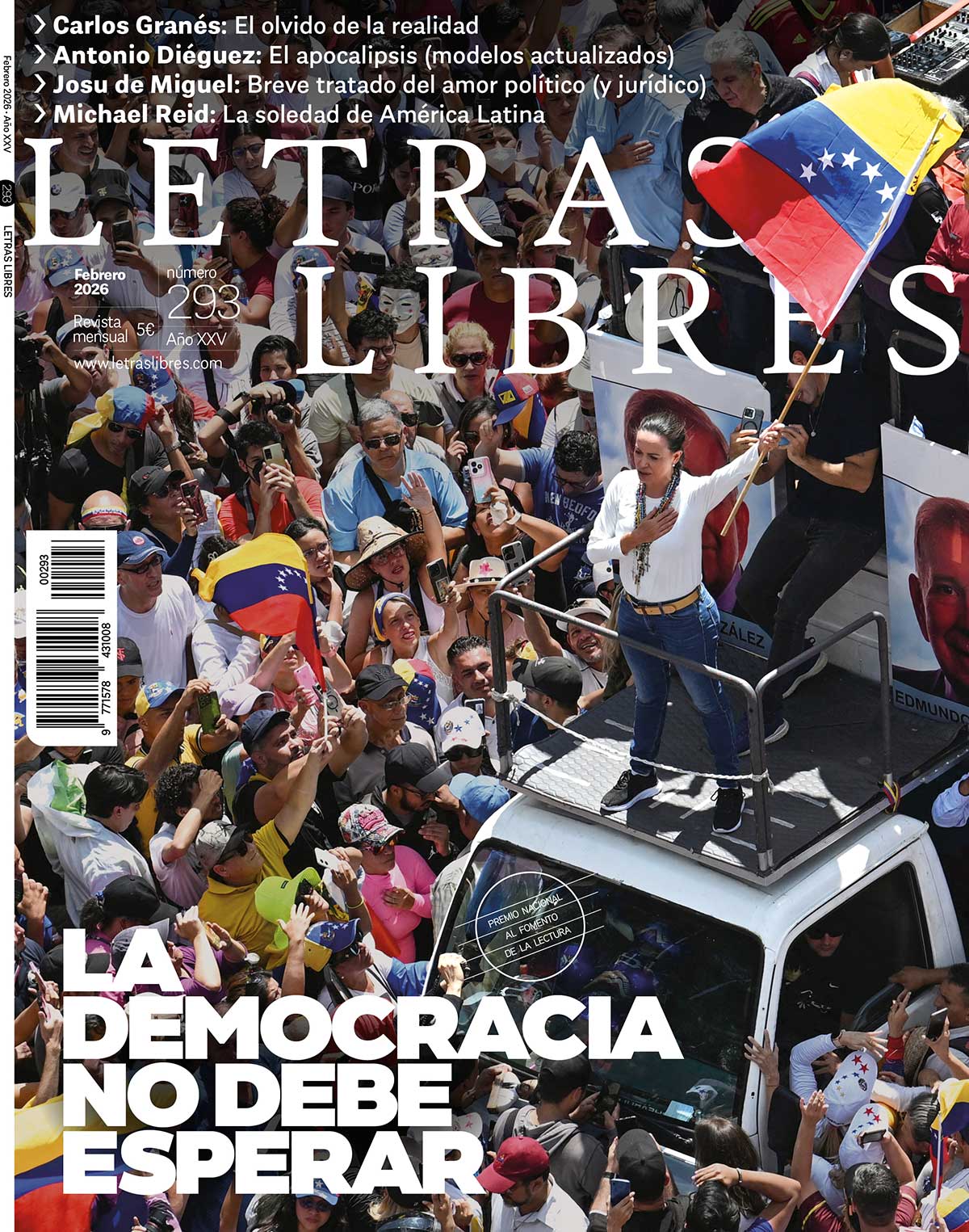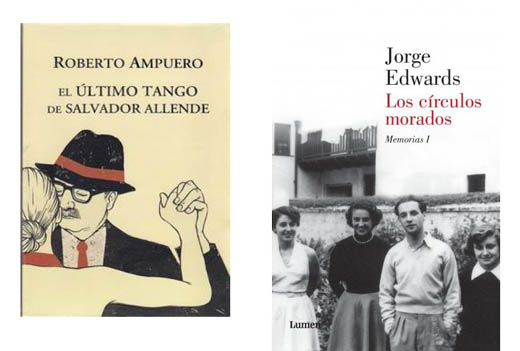The 26 of June 2016 we thought the rise of populism in Spain had been contained, after Podemos was unable to overcome PSOE in the elections. October 1, 2017, however, proved the opinion wrong that the challenge to liberal democracy in Spain had been minimized. Populism has often been treated with disdain in our country. Social scientists have not been comfortable dealing with a concept difficult to define, and whose abusive use has led to misunderstandings, being too often employed as an easy accusation by intellectual sloths.
However, populism exists, and is not limited to the action of Podemos. The most successful populism in Spain comes from Catalonia, where nationalist elites understood sooner than anybody that this strategy offered them a great opportunity to overcome the limitations of ethno-symbolic essentialism and to widen their base of support. The success of the Catalan independence movement has to do with the transition from a nineteenth-century ideology associated with the bourgeoisie and rural conservatism to a national-popular movement of anti-elite flair and plebiscitary rhetoric.
In recent years nationalist elites have used institutions to promote a large social divide in Catalonia, fueling hatred against common institutions and promoting the delegitimization of the rule of law. Through a dialectic based on Carl Schmitt, a virtuous, democratic, peaceful “we” was built -opposed by an authoritarian, repressive “they”. The Generalitat ceased to be the government of all Catalans and became the government of the “people”, by which they mean the collective subject sympathetic of their demands. It has been a long time since the Catalans who oppose the project of independence -and who, besides being the majority, are the most economically and socially disadvantaged- live in silence.
The secessionist elite have for years followed the populist roadmap: to build “a people” at the cost of marginalizing more than half of the citizens and to feed the binary logic of the opposing blocs, whose sublimation goes through the organization of an event dressed up as a referendum. The culmination of the populist project has taken place in recent weeks, in a process of progressive demolition of representative democracy: first, the institutions of self-government, the Statute of autonomy and the Parliament of Catalonia, which was closed after the pro-independence majority undertook a self-coup, breaking the Spanish and Catalan laws, violating the rights of the opposition (i.e., violating the rights of its representatives) and breaking the separation of powers.
Then the nature of the Mossos d’Esquadra, Catalonia’s autonomous police force, was perverted: when security forces cease to serve the law and become a political police, the rule of law is broken. Lastly, the plebiscitary logic definitively supplanted representative democracy on October 1st, in a votation whose guarantees we can better understand if we consider that among the voters were Francisco Franco or Michael Jackson. There were also people who voted several times, and who did so in the middle of the street, as if throwing paper balls against an improvised basket. At night, Puigdemont announced that he would bring the unilateral declaration of independence to the Parliament before the results of the vote were even known. This did not surprise anyone: this was never about democracy. What will happen in the next few days will depend on whether the pragmatic and strategic theses of Junqueras prevails or the enlightened fanaticism of Puigdemont triumphs.
But the institutional decline in Catalonia would soon spread to the rest of the state. Several months ago Podemos decided to join forces with the separatists against the government. It was the window of opportunity that populism at the national level needed to undermine institutional legitimacy, a necessary element to achieve the desired popular overflow that would lead to its hegemony. They had tried it before, in 2015 and 2016, but they soon understood that the social discontent that had earned them five million votes was not enough: they needed an organic crisis, because the Spanish population continued to think of their institutions as democratic and legitimate.
The only way Podemos could promote a regime crisis was to erode the legitimacy of the institutional response to the sovereignty challenge. In the last few weeks this social divide that was previously confined to Catalonia has spread to the whole of Spain. The strategy was the same as in the Catalan process: to promote plebiscitary logic and to build a democratic “we” against an authoritarian “they”. Guess who the Democrats and authoritarians were.
The binarization of politics has translated into a new scenario of two sides, this time in the Congress of Deputies. On the one hand, Podemos and a constellation of formations of nationalistic character, united in their rejection of the constitutional order, to which they do not feel sentimentally nor legally linked. On the other, PP, which has the support of Ciudadanos and the PSOE in the defense of the Constitution. The socialists are the ones who are suffering the tensions generated by the dichotomous logic of the process: when there is no space for nuances, they will both pay a price if they to align with the right and if they condemn the action of the rule of law.
Meanwhile, Podemos advances towards its populist goals. After abandoning the electoral route, it is likely to try the only possible strategy to evict PP from Moncloa: to force the PSOE to participate in a motion of no confidence in which the left join forces with the nationalist parties. Outside of representative democracy there is only the populist dialectic of two-sides and, at this point, the PSOE has to play the most important role in the territorial crisis. It is a complicated scenario for the socialists, who may come out fractured and badly wounded, but it is also an occasion to lend a great service to liberal democracy. The fate of the constitutional block will depend on the temperance of Sánchez before Podemos’ attacks and from its firmness before the pressures of the PSC to detach itself from the action of the government. For its part, on Monday PP collected the rotten fruits of five years of abandonment of the territorial issue. The police excesses in Catalonia recalled the hardest days of the Mossos, those that caused a woman to lose an eye during the general strike of 2012 and left dozens injured. The international non-appearance of the executive has left an obstacle free path to the independence supporters, who have been sowing their message of oppressed people for five years through the media and chancelleries of Europe.
However, it seems doubtful that the events of these last days will take its toll on PP’s support. On the contrary, faced with the threat of imminent censure, Rajoy could choose to apply Article 155 in Catalonia, dissolve the Parliament, call regional elections and then call general elections, converting his campaign into an endorsement of the defense of rule of law and hoping that the new composition of Congress will reinforce the majority of the PP. The government relies on silent but eloquent social support, in which every day more red and yellow, can be seen on the balconies of Spain.
The flags seemed to be exclusive to Catalonia but they have begun to grow, like mushrooms, throughout our country. This textile epidemic accounts for the progressive homogenization and Manichean articulation of political preferences: there is only one issue in the public debate and only two options, two sides. The pluralist debate has given way to generalized militancy, definitively installing the populist framework throughout Spain. Perhaps we have the dubious honor of being the first European country where the populist strategy is completed, but it would do our neighbors well to be careful not to open the door to nationalism. History reminds us that no one is safe from it.
Traducción de Daniel Gascón.
Aurora Nacarino-Brabo (Madrid, 1987) ha trabajado como periodista, politóloga y editora. Es diputada del Partido Popular desde julio de 2023.
















